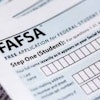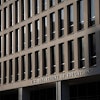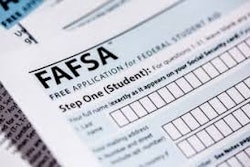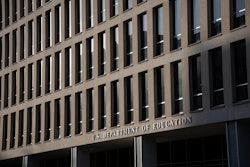WASHINGTON – Despite skeptics who suggest otherwise, a college degree continues to be a worthwhile investment, but institutions of higher learning must adapt to new realities to remain viable in the coming years.
That was one of the major points made Thursday during a panel discussion titled “Building Tomorrow’s Workforce Today: The Role of Higher Education in a Global Economy.”
“We will see more change in higher education in the next ten years than we’ve seen in the last 50,” said Jamie Merisotis, president and CEO of the Lumina Foundation for Education and one of several panelists.
To remain relevant, Merisotis said higher education leaders should align their course offerings to match labor market demands so that the credentials they grant have value in the economy. The current system of associate, bachelor’s and master’s degrees, Merisotis said, may have outlived its usefulness.
“In this knowledge economy, credentials of value are really the currency,” Merisotis said. “That’s what’s going to matter most to people.”
Merisotis said the current trend — where tuition prices have outpaced the rate of inflation for decades — is unsustainable. Affordability is particularly important given the fact that families and states — the two primary sources of revenue for institutions of higher learning — have seen their financial resources grow increasingly constrained, Merisotis said.
Dr. Charlene Dukes, president of Prince George’s Community College, said colleges and universities must be proactive about ensuring college readiness among high school graduates.















